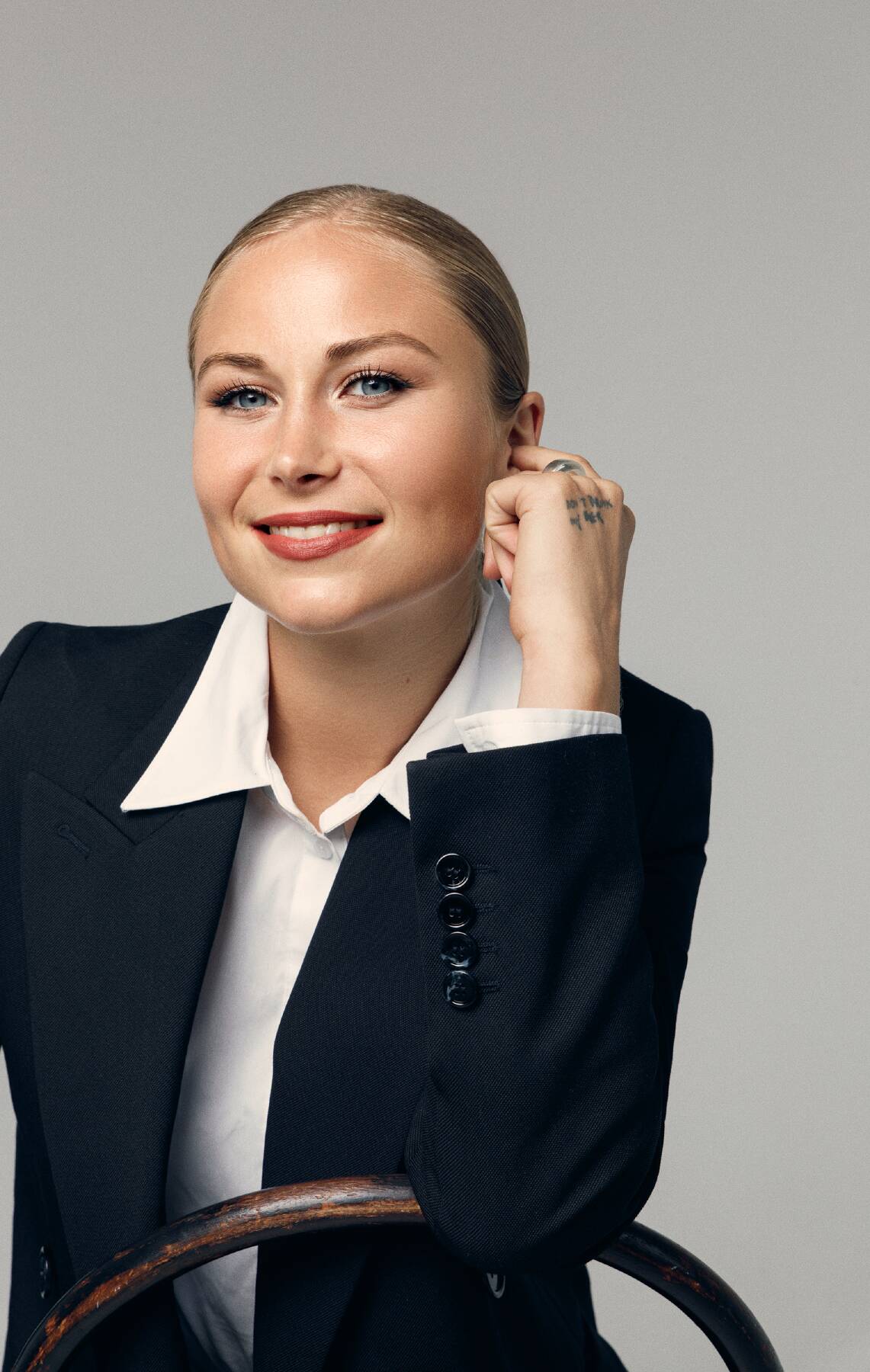
Grace Tame is a small woman in size. But there is nothing else small about her.
Since coming into the national spotlight when she was named Australian of the Year in 2021, she has been an omnipresent voice.
While she has risen to fame for taking a firm stand on child sex abuse, of which she is a victim, she has also stood tall for victims of domestic violence and every day lives in the light of a person with autism.
At age 28, she's long been a talented illustrator, doing projects for the likes of John Cleese and Depeche Mode. She's also a marathon runner (breaking three hours).
In 2022 she published her life story, The Ninth Life of a Diamond Miner, with publisher Pan Macmillan.
She's the headline speaker at the Newcastle Writers Festival on March 31.
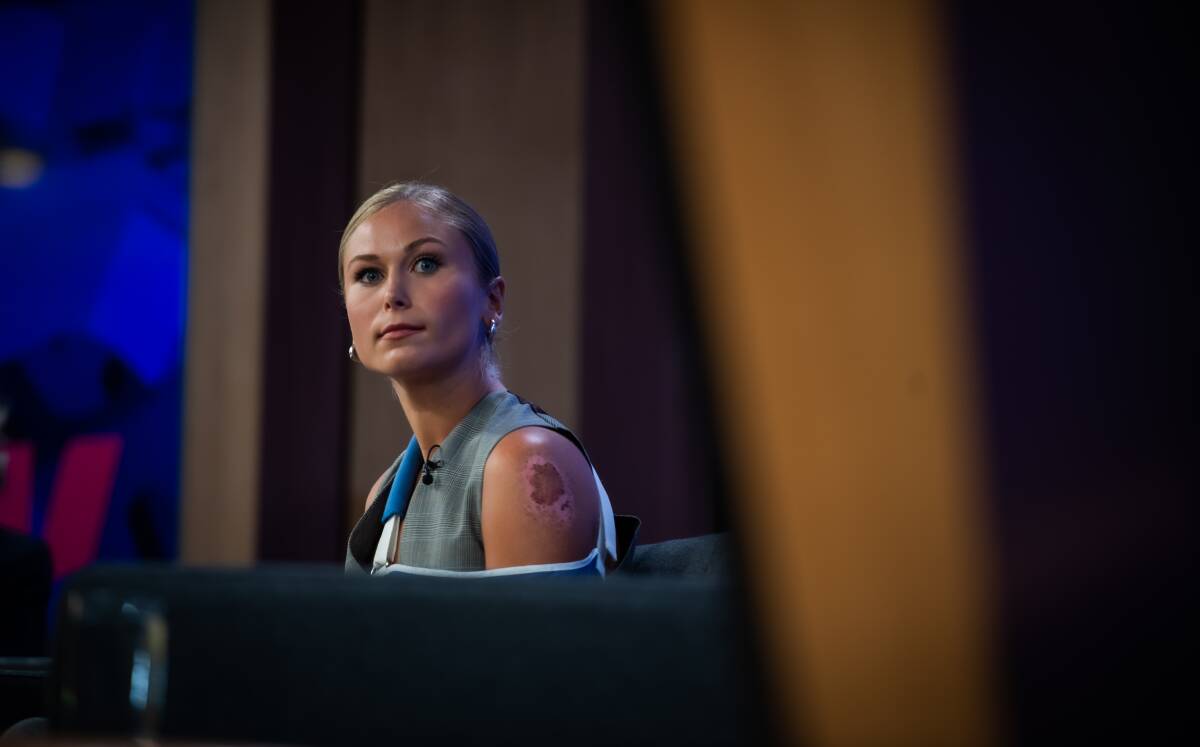
Last week she was on a panel at the Sydney Opera House speaking on the subject, Actually Autistic.
The book is no soft touch. Tame is very frank about everything in the book - her convicted abuser, the state of demise in America, her own social life. She drops the f-word as she fits, but not like it's a defining word, more like it should be used, when some things are just frustrating.
Among her observations in the book:
# Child sexual abuse is the most under-punished crime in Australia.
# The media detests nuance.
# "It doesn't matter what you call yourself. It matters what you do. What matters is what you think of you. Stop telling me what you think I am. I am just the way I am."
# About the TV program Love on the Spectrum: "As long as there are shows like this, no matter how sensitive the approach, we will continue to be othered, pitied and infantilised."
# "People don't shatter all at once. We don't fall to pieces. We fall in pieces. And piece by piece, we pick ourselves up over the course of time."
# "Strength isn't the absence of vulnerability; it is the ability to face it without fear or shame."
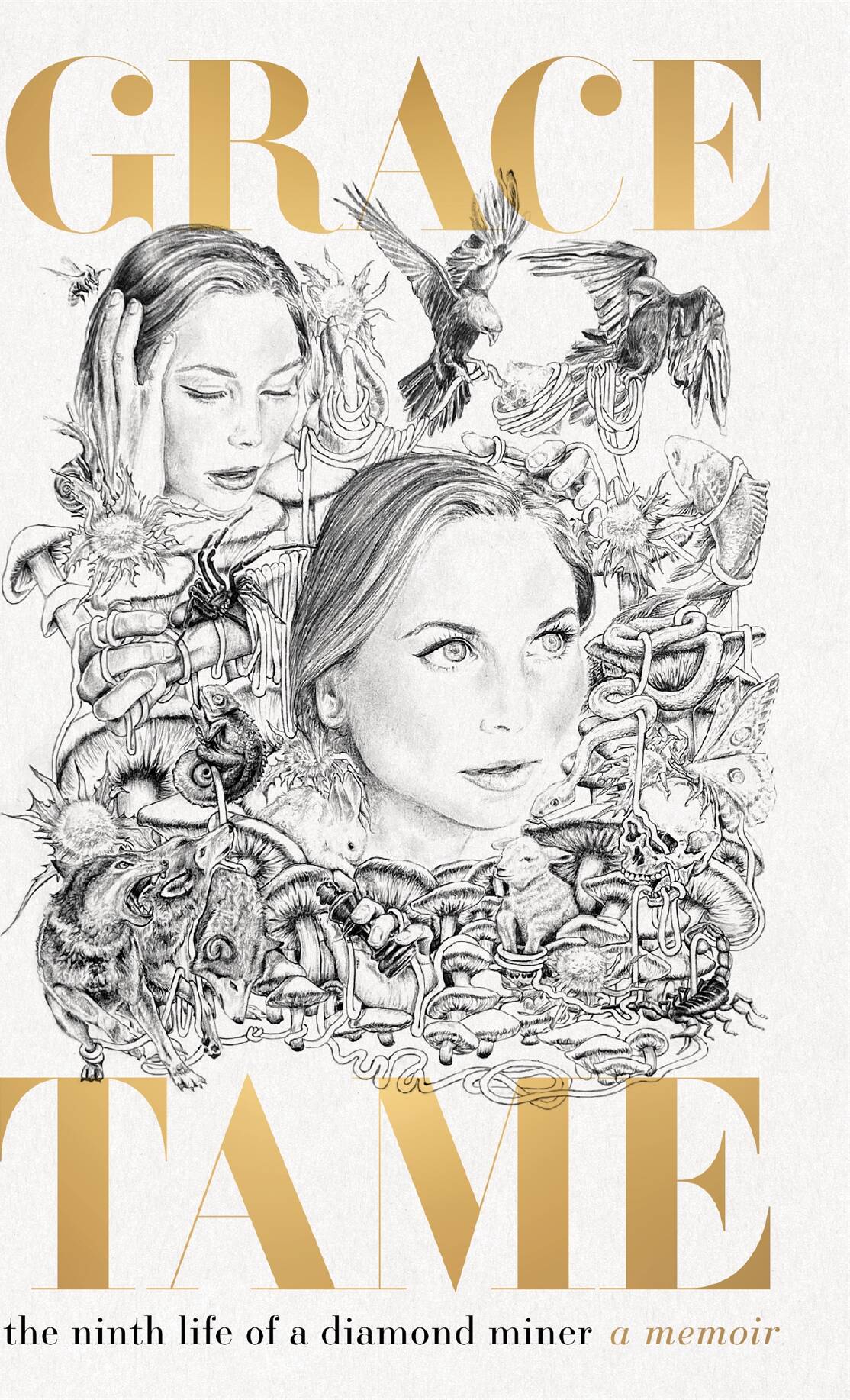
In the book she addresses the Prime Minister Scott Morrison "frown" picture, taken in January 2022, where she had a famously disturbed expression in his presence. She writes "... to have smiled at him, to have pretended that everything was all right, would have made me a f - - - ing liar."
Columnist Van Badham wrote in The Guardian of that photographic moment: "Grace Tame demonstrated in a single photo shoot an understanding of power that goes deeper than even a sitting prime minister's. What a warrior. What a great Australian."
It's not a stretch to say Tame is the leader of a new generation. She's a Millennial (born 1994), and she's game to make a difference.
'One's life changes every day'
To say she grasps life every day would be an understatement.
"I live with the mindset one's life changes every day," she says in an interview with me. "In many ways Buddhist, not that I am tethered to a particular religious or philosophical way of living, but at least, once a day, I am aware I could die.
"And that's the only true statement, isn't it? That we're always sort of on the cusp of completion. And not in a morbid sense."
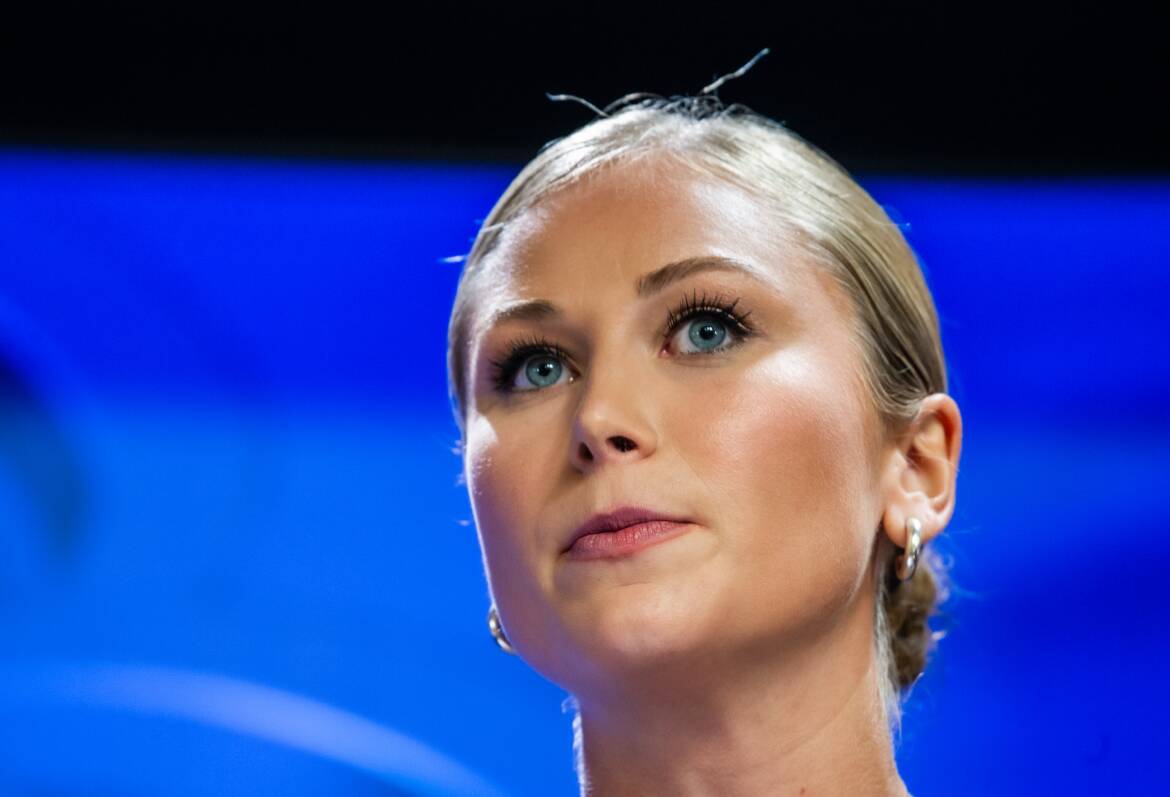
Grace Tame is the first to acknowledge her life is not just about what the public sees of her.
"Certainly my life has changed insofar as there has been a spotlight put on some aspects of it," she says. "I do retain a high degree of privacy in areas that are important to me to retain privacy, especially with family and such.
"The way I process certain things, I keep certain things to myself. I've always been quite a self preservationist. I think that's also an autism symptom that I present. Not all autistic symptoms are experienced by every autistic person."
To flesh that point out, for Tame, her life has always been in motion, not always by her design.
"My life has always been somewhat turbulent," she says. "I was born into turbulence in a way. My parents separated, divorced very soon after I was born, they separated when I was two. I didn't ever have a solid physical foundation or a solid emotional foundation because of that.
"It was amplified as well because I'm autistic, and not all people who are autistic will experience this, but certainly for me, I need, one of my autistic needs is stability, consistency, routine.
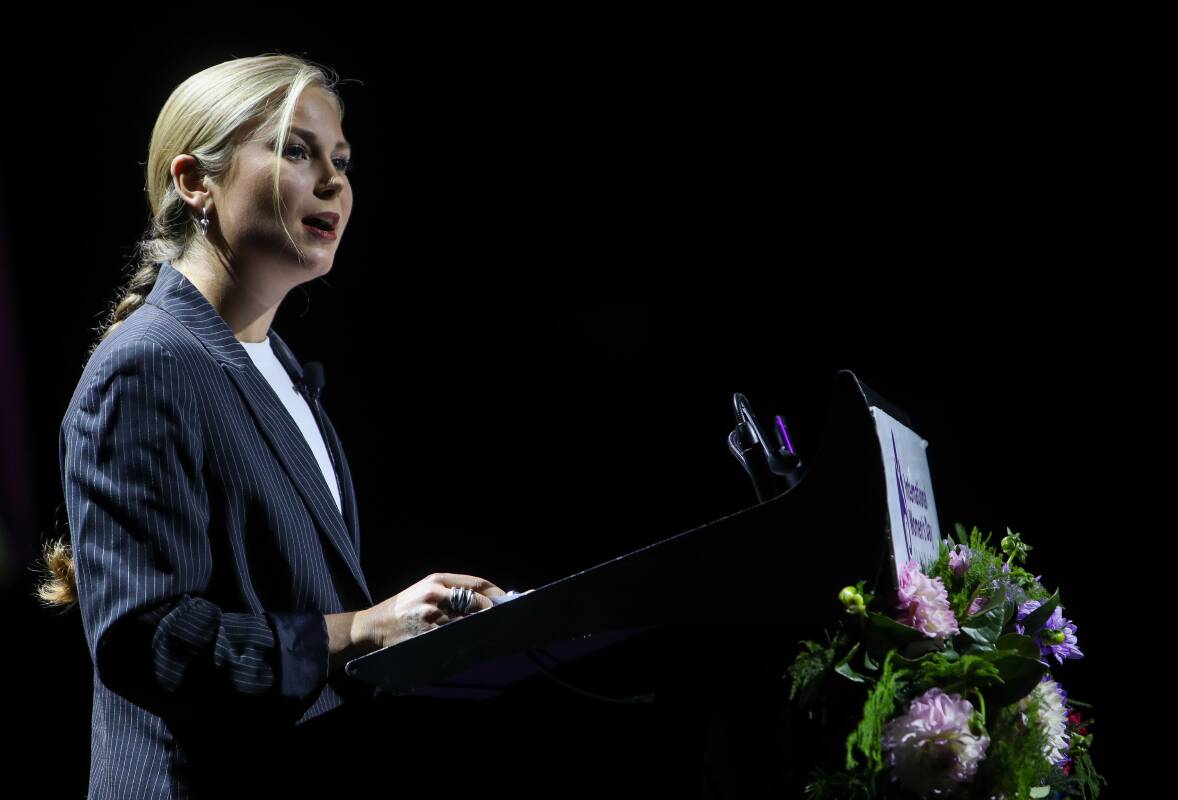
"So I've always been sensitive I suppose to turbulence, the detail that I particularly found overstimulating. And I've just adapted to that. And been ready for whatever has hit me in the present moment. I've taken the good with the bad. And that means the very good with the very bad."
Grace Tame Foundation
Grace Tame's mission corresponds with the goals of her Grace Tame Foundation, which include:
# developing education strategies to raise awareness of sexual abuse in institutional settings;
# lobby to improve responses to sexual abuse occurring within institutions;
# and collaborate with government and law enforcement on how to better support victims of sexual abuse.
But life at the coalface isn't just about working on legislation and dealing with politics. It's about dealing with reality. What do people want to talk to Grace Tame about?
"Usually when I receive contact from individuals it's in the form of disclosure, often from fellow child sex abuse survivors, or sexual assault survivors or domestic violence survivors," she says. "The volume is quite high.
"I spend a lot of my time not in front of the media. Most of the work that I do, is in travelling around and engaging with communities and finding out what the specific needs are, and how child sexual abuse is affecting communities. By virtue of the crime, on the one hand, it has very textbook elements to it that you see underpin it in a way that you almost feel like all perpetrators must read from the same playbook all around the world."
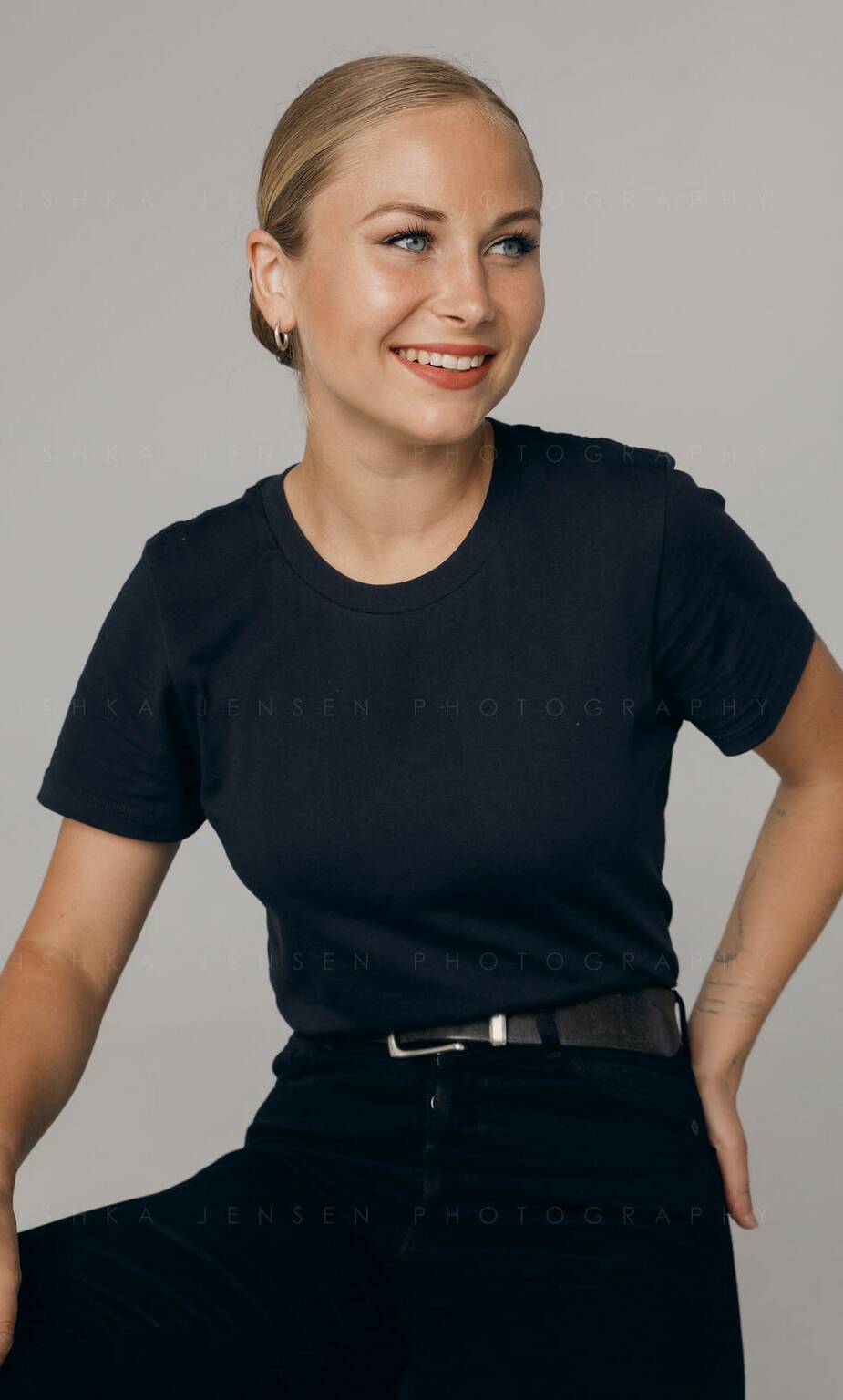
The details are important, Tame says, "so that when we consider prevention, education - when we consider response measures, when we consider providing support to survivors of child sexual abuse, we are coming up with the right answers, we are coming up with the right measures."
For Tame, the best answers are investing in child protection, and making the effort to assist children who have committed sexual abuse against child. On the other hand, she has no room for forgiveness for adult child sexual abusers.
"So if we talk about perpetration, for example, we see a lot of children who are perpetrated against in the early stages of their life," she says, "and they may become perpetrators because, of course, they are told by the mechanism of grooming that they're loved and this is something that is happening because it's a loving experience, and that is the reason why they go on to become perpetrators.
"Now if we put better safeguards in place, invest more in the protection of children, the education of children, and raising awareness to these things and why they are wrong, we have more hope to reform those children as opposed to adults - adult perpetrators, recidivist perpetrators whose behaviours and actions are set in stone."
The Long Haul
Tame is a marathon runner, and she sees her life that way, too. She's in this campaign for the long haul.
She can talk about John Cleese, US politics, Robin Williams, personal tattoos or the best of Tasmania, where she was raised. But she has a sharp focus on sexual child abuse when it comes to the serious business.
"I think we have more hope of reforming a child perpetrator whose mirror neurons are still forming," she says. "That's why they might go on to be a perpetrator. You understand the psychology, the psychiatry of why they might become a perpetrator.
"Now, if they teach them a different way, and teach them in the context of supporting them, and not punishing them, because they're not going to understand why they are being punished, that's a very different approach, because often those children will be criminalised."
Tame says in most jurisditions besides the ACT the age of criminal responsibilty is age 10, and 83 per cent of children who are in prison or who are in remand are children who suffer or who have suffered some kind of trauma "often that's sexual trauma and their acting out," she says).
"Granted, some of the crimes they commit are heinous, and it's hard," she says.
"Sometimes it costs a million dollars per child per year to put them through a justice reinvestment program," she says.
But it's worth it: "We need to value the education, protection of children more in this country," she says.
As for adult child sex abusers, Tame remains resolute in her attitude about them.
"Personally, I might be a bit jaded, but the older, recidivist, psychopathic, sadistic child sex offenders, giving sympathy to those types is a waste of resources," she says.
"It is a waste of resources, it is a waste of forgiveness - as I wrote in my book. And it's not so much being cynical as it is, you know, if I have a limited pool of resources, if I have a limited pool of energy, I'm going to give it to children. I'm not going to give it to somebody who proves time and time again that they almost deliberately, almost determined to relinquish their right to compassion, because they are almost giving it the proverbial middle finger, and everyone else along with it."
Tame is always thinking, always pushing ideas around her mind. She is working a new book with Michael Bradley, a lawyer and writer and member of the Grace Tame Foundation board.
"We are working on a small book about censorship," she says. "It's definitely about cancel culture. The term cancel culture, buzzword. Smokescreen. I just see we are in this age of neo-McCarthyism. These colour coding problems of hysteria and censorship. They go hand-in-hand. Which to me just produces a kind narrowing of the lens through which we view good and bad. But also it just pushes people out further to the margins."
At the end of the interview, I suggest she is not an accidental celebrity. Rather, she's just "a genuine person who gets it".
Maybe Australia understands that about Grace Tame?.
"It's hard. It's sad," she says. "There's a lot of forces out there that are luring us and telling us we should be something different than who we just are - that simplicity is not enough. I don't think that's right.
"You know the TS Eliot poem, Four Quartets, it's 7000 words. It's a really great poem. I've got a couple of words of that tattooed on my neck. It just says 'complete simplicity'. To me that's it, you know. Just be yourself."







